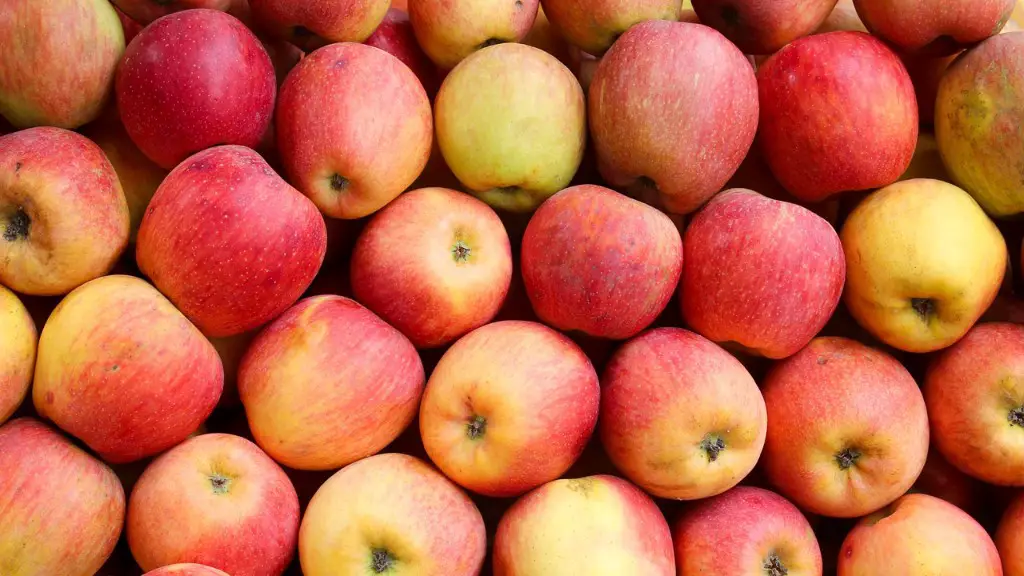Systematic agriculture is a practice that involves using scientific methods, technological tools and data to design strategies and policies for managing agricultural and rural areas in order to bring about desired outcomes. It is a comprehensive approach to managing the natural, economic, technical and structural components of an agricultural system. This practice has been widely adopted by governments, non-governmental organizations, and businesses in order to address global challenges or take advantage of the potential opportunities presented by technological improvements. Systematic agriculture includes an integrated system of activities that take into consideration the needs of people and resources, taking into account the ecology, production and economics of the land, as well as social and legal issues.
Ecology
Systematic agriculture, when properly implemented, takes into account the ecology of an agricultural system and focuses on conserving resources and promoting land health. It involves practices such as building and maintaining soil health, using appropriate pest control techniques, managing weeds and invasive species, and established crop rotation cycles that are tailored to the local environment. By understanding the ecology of an agricultural system, it is possible to create more efficient and effective strategies for managing the land and to reduce stress on the ecosystem.
Production
Systematic agriculture also focuses on the production side of an agricultural system, including crop production, cattle and livestock management, aquaculture, and organic farming. This includes selecting the right crop varieties, determining the optimum crop times, and improving inputs like fertilizers, water and soil amendments. It also involves optimizing land use, choosing the right types of equipment, and taking steps to improve the efficiency of labor. By taking a systematic approach to production, it is possible to maximize yields while minimizing resource inputs.
Economic Strategies
Systematic agriculture also guides decisions on economic policies and agricultural strategies. This includes developing programs and incentives for farmers and rural communities, such as subsidies, fair prices, enhanced access to agricultural credit, agricultural insurance, and market access. These types of policies are designed to alleviate poverty and help farmers improve their livelihoods. Systematic agriculture also helps to guide decisions on trade liberalization and global trade agreements, taking into account the interests of both producers and consumers.
Human Rights and Social Justice
In addition to promoting economic policies, systematic agriculture also takes into account social and legal issues such as human rights and environmental protection. For instance, it encourages protecting the rights of small-scale farmers and other marginalized communities, supporting access to resources and fair wages, promoting gender equality and women’s rights, and providing access to basic services such as healthcare and education. Systematic agriculture also encourages responsible land use, sustainable resource use and conservation, and efforts to combat climate change.
Regulation and Certification
Systematic agriculture provides guidance on developing regulations and certifications for agricultural products and processes. This includes standards for food production, standards for organic and sustainable agriculture, and standards for environmental protection and humanitarian concerns. These standards are designed to prevent exploitation and promote fairness for all stakeholders, including farmers, workers, and consumers.
Technology
Last but not least, systematic agriculture makes use of technology to make agricultural operations more efficient and effective. This includes the use of precision agriculture and data-driven decision-making. It also includes the use of artificial intelligence, blockchain technology, and the Internet of Things to improve the accuracy and relevance of agricultural data. The aim is to improve the productivity and sustainability of the agricultural sector, while also reducing its environmental footprint.
Education and Research
Systematic agriculture also encourages the use of education and research in order to help farmers and rural communities make informed decisions. This includes studying crop and soil health, best practices for agricultural production, and economic policies. It also encourages the use of research and data to create innovations in technology and processes, as well as in policies. The aim of this is to empower farmers, promote fairness in the market, increase yields and incomes, and reduce environmental impact.
Environmental Protection
Finally, systematic agriculture seeks to protect the environment by taking into account the needs of people and resources. This includes the use of more efficient and sustainable agricultural methods, such as responsible land use, reduced water use and soil management, and the use of renewable energy sources. It also encourages policies that promote the conservation and restoration of natural resources, as well as the use of sustainable practices and materials. Systematic agriculture is essential for preserving the environment and promoting a healthy and sustainable agricultural sector.


